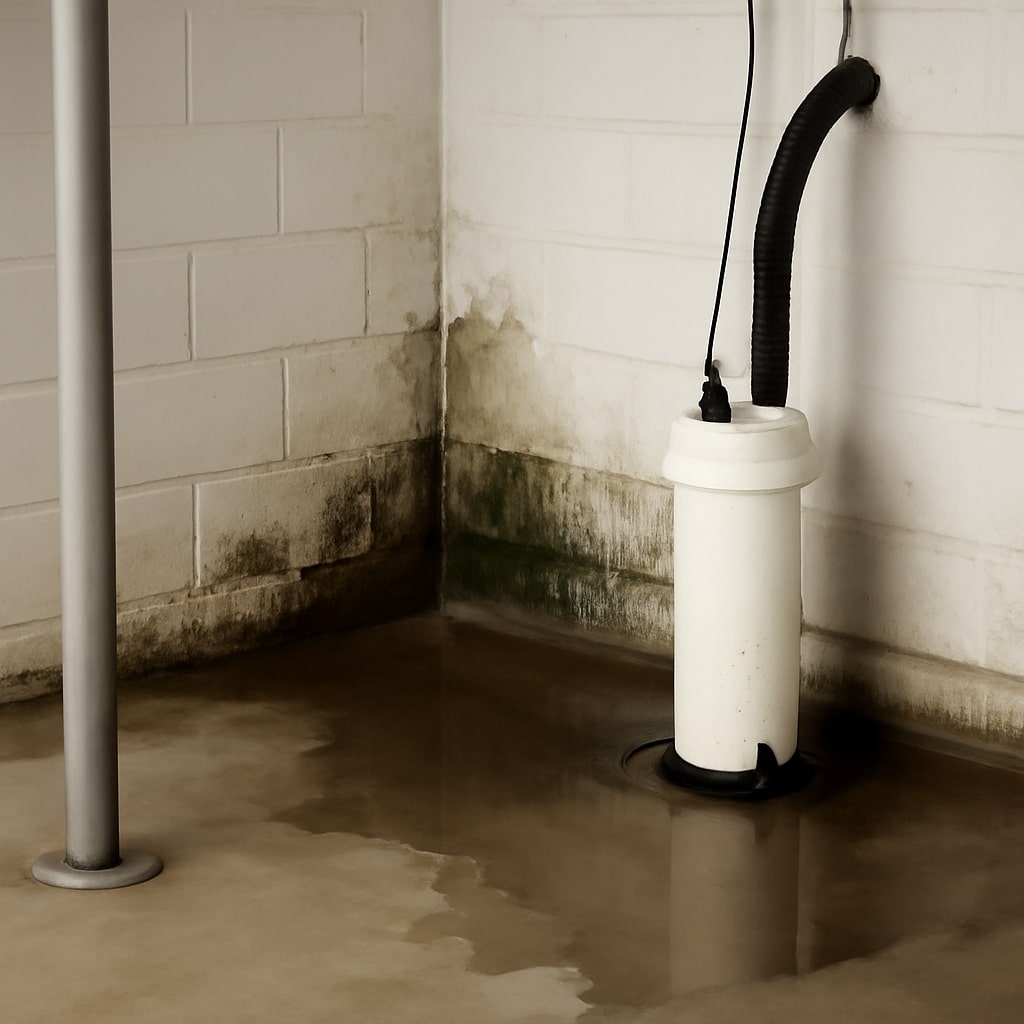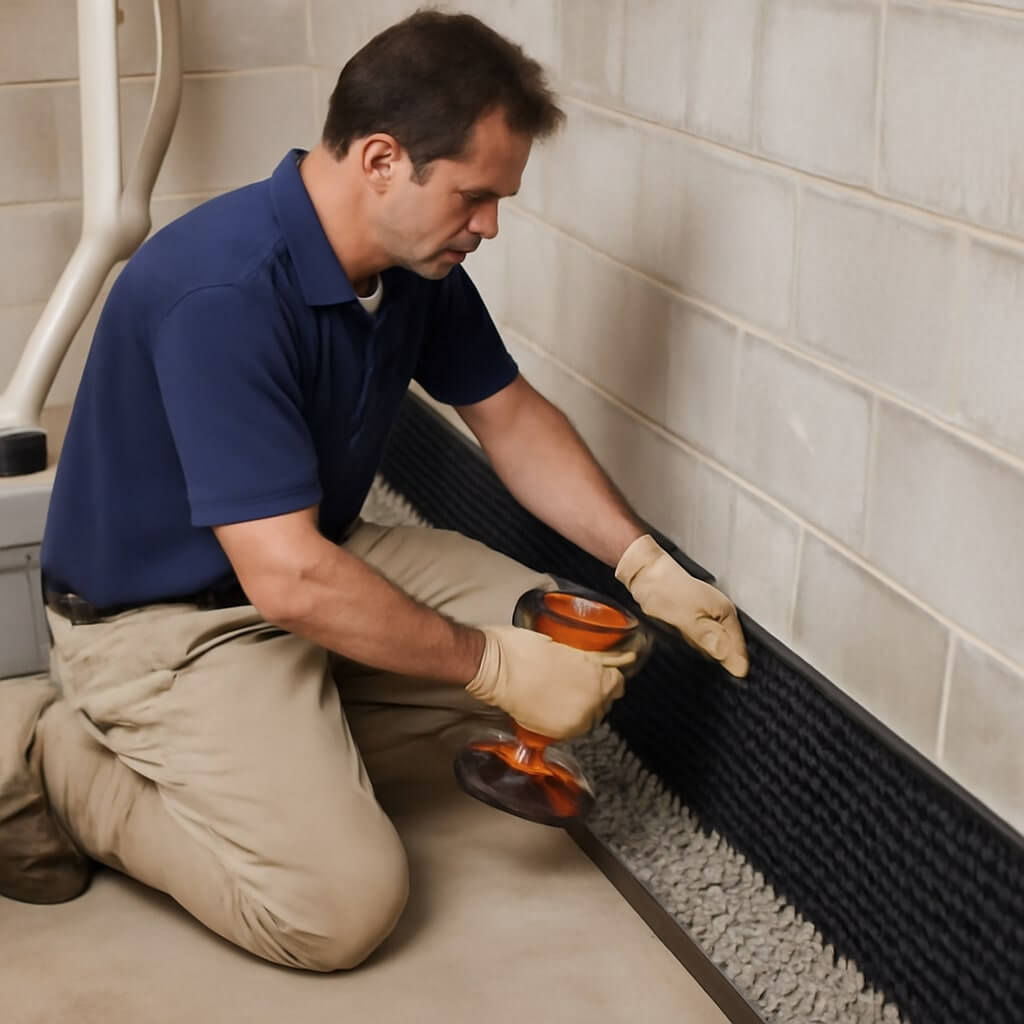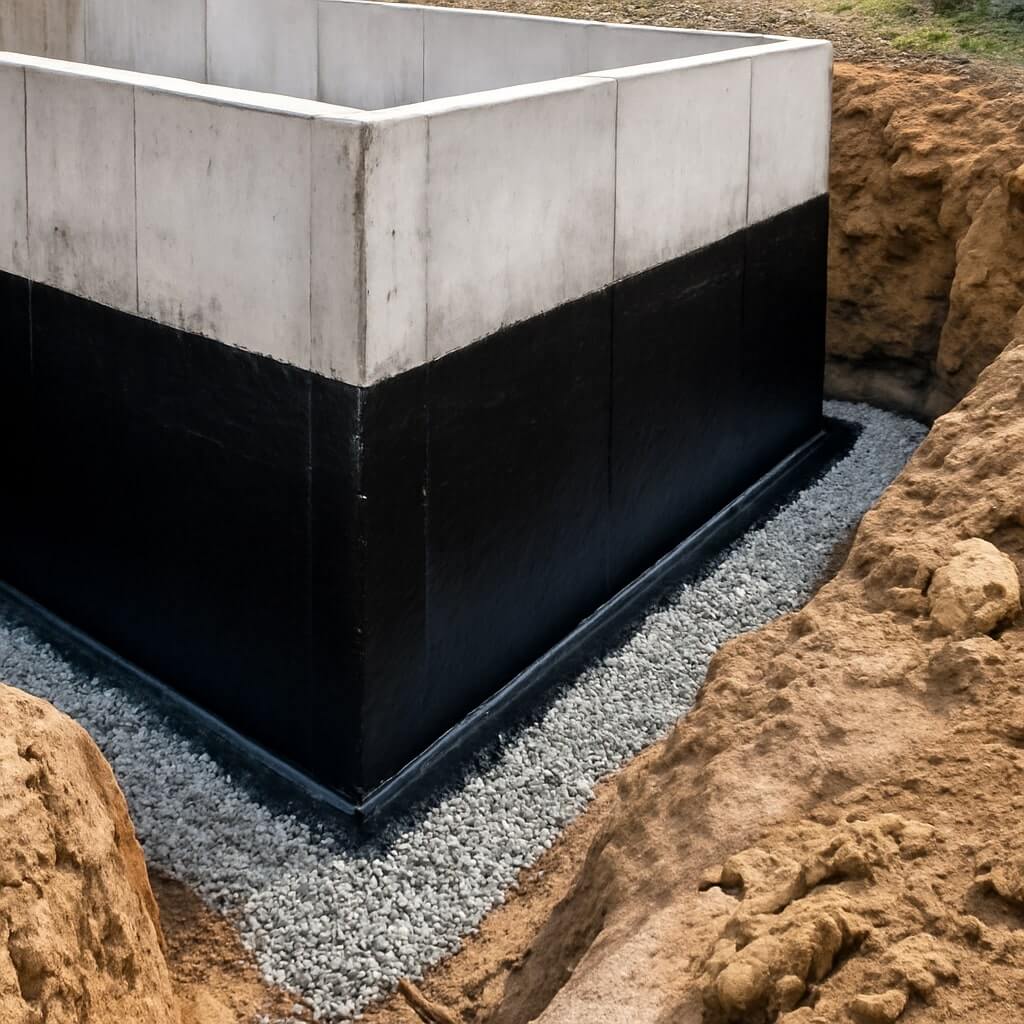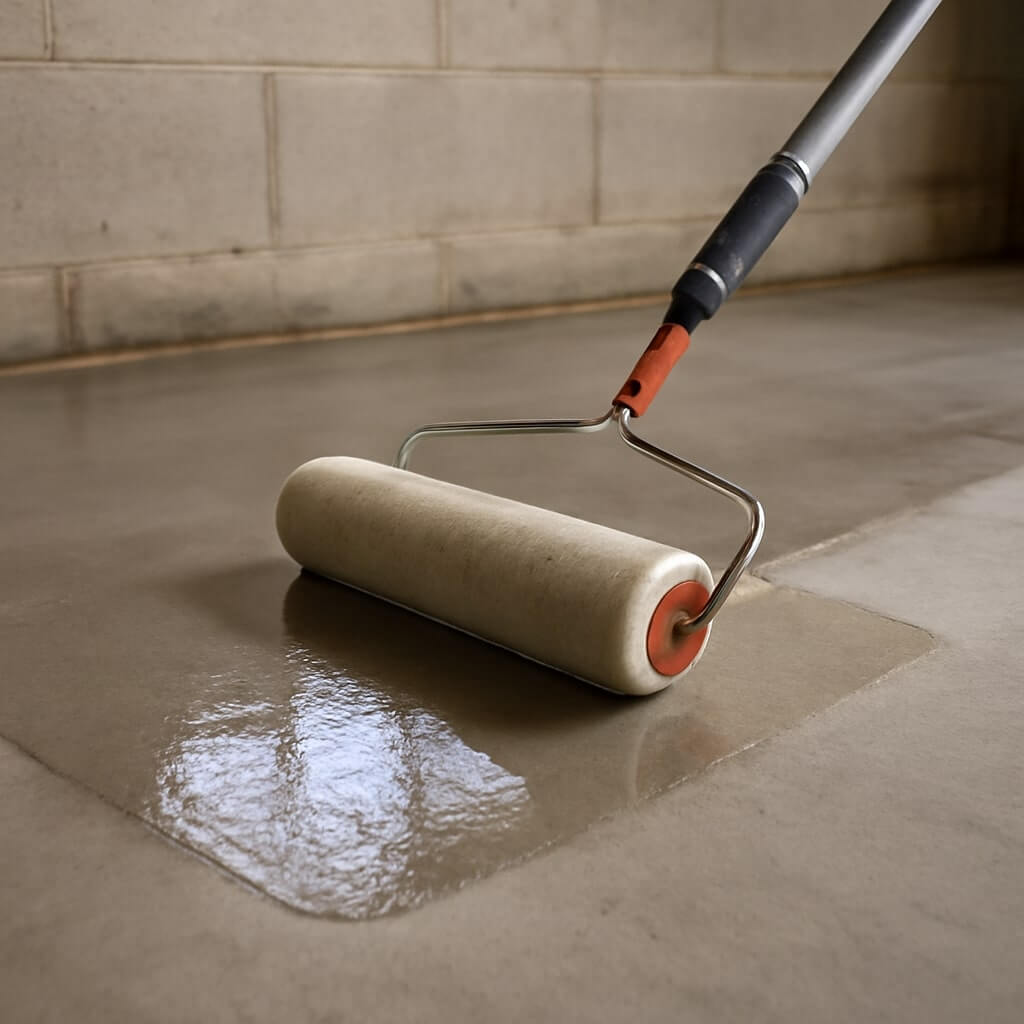When it comes to protecting your home’s foundation, an inadequate waterproofing method for a basement is more than just a misstep—it’s a ticking time bomb. Poor waterproofing solutions lead to water infiltration, mold growth, and structural instability. This article uncovers common waterproofing mistakes, their consequences, and the best solutions to ensure your basement remains dry and damage-free.
Why Basement Waterproofing Matters
Basements are especially prone to water intrusion because they are below ground level, surrounded by moist soil. Waterproofing serves as a barrier that prevents water from entering through walls, floors, and cracks.
Without proper waterproofing:
- Mold and mildew can flourish in damp conditions, harming indoor air quality.
- Foundation cracks can expand, weakening structural integrity.
- Property value may decrease due to visible damage and unpleasant odors.
What Is an Inadequate Waterproofing Method?
1. Relying Only on Interior Sealants
Sealants like waterproof paints or coatings only address surface issues. They do not stop water from entering through external pressure points. While they might delay water seepage, they do not resolve the core issue.
2. Improper Installation of Drainage Systems
Some homeowners install French drains or sump pumps without grading the landscape or addressing exterior water flow. This creates a partial solution that can fail under heavy rainfall or snowmelt.
3. Ignoring External Waterproofing
Waterproofing membranes, exterior coatings, and proper drainage tiles are essential. Failing to apply these during construction or major renovations can compromise the basement from day one.
4. Using Outdated or Incompatible Materials
Some materials become brittle or degrade over time (e.g., old tar coatings). Also, certain waterproofing solutions are not suitable for specific soil conditions or climates.
Common Signs of Poor Waterproofing
- Damp spots on basement walls or floors
- Musty odors or visible mold patches
- Efflorescence (white, chalky mineral deposits)
- Cracks or bowing in foundation walls
- Water pooling near the home’s foundation
If you observe any of these signs, it’s a clear indicator that your current waterproofing method may be inadequate.
Effective Waterproofing Methods to Consider
1. Exterior Waterproofing Systems
This involves digging around the foundation, installing waterproof membranes, and applying drainage boards. It’s costly but offers long-term results.
2. Interior Drainage Solutions
Installing an interior perimeter drain system and a sump pump helps channel water away from your basement effectively.
3. Proper Landscaping and Grading
Ensuring that the soil slopes away from your foundation can drastically reduce water pooling and seepage.
4. Basement Floor and Wall Crack Repairs
Using hydraulic cement and epoxy injections can seal existing cracks and prevent further water intrusion.
Long-Term Benefits of Proper Waterproofing
- Increased property value
- Healthier indoor environment
- Reduced energy bills (dry basements insulate better)
- Lower maintenance and repair costs
- Enhanced usability of basement space
SEO-Optimized FAQs
What is the most common basement waterproofing mistake?
Can poor waterproofing damage my home’s structure?
How much does proper basement waterproofing cost?
How do I know if my waterproofing method is inadequate?
Should I hire a professional for waterproofing?
Conclusion
An inadequate waterproofing method for a basement isn’t just ineffective—it’s dangerous to your property and health. From poor interior fixes to ignoring the importance of external barriers, these mistakes can cost thousands in repairs. By understanding the signs, avoiding common pitfalls, and investing in effective waterproofing techniques, you can safeguard your home and increase its value.




